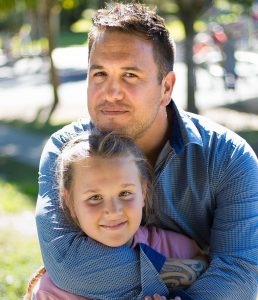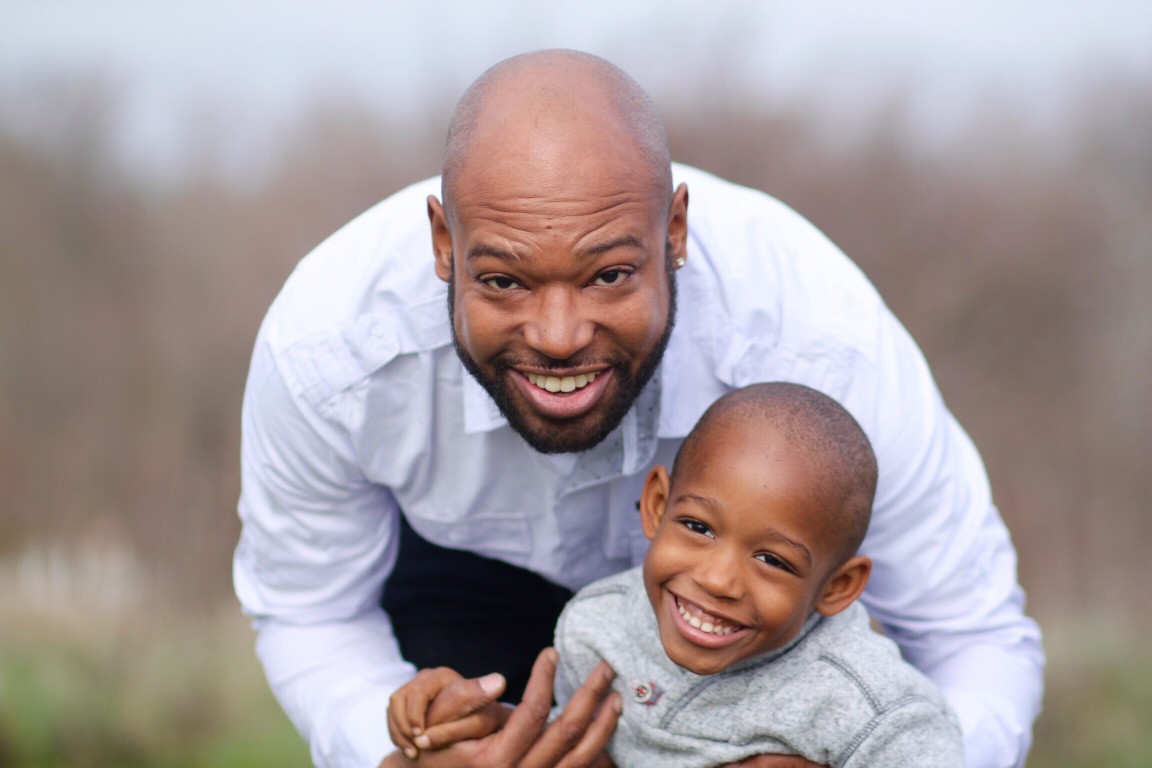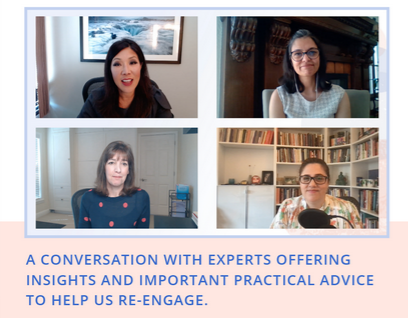Are the Kids All Right? How to Check in on Their Mental Health During a Tough Time [video]
 Like nearly everyone else, children have experienced enormous disruption during the pandemic. Their schools closed months ago and, for many, remain closed. They stopped seeing friends and teachers on a regular basis, or had to get used to seeing them through a screen. Many of the things they love or look forward to have become unavailable or, at minimum, altered.
Like nearly everyone else, children have experienced enormous disruption during the pandemic. Their schools closed months ago and, for many, remain closed. They stopped seeing friends and teachers on a regular basis, or had to get used to seeing them through a screen. Many of the things they love or look forward to have become unavailable or, at minimum, altered.
All of these changes are stressors. And they represent only the best of cases. In the worst, children may be in unsafe or unstable home environments, they may be housing or food insecure, their family members may have lost jobs or incomes and they may have seen or experienced increased violence.
This has led to heightened concerns about children’s mental health, a primary point of discussion during “Thrive: The Children’s Summit,” a live virtual event hosted on Tuesday by the Atlantic.
Though much has changed, there are strategies that parents and educators can use “to help mitigate the stress” and “protect children and help them feel safe,” said Dr. Jennifer Shroff Pendley, who is the chief psychologist at Nemours/Alfred I. duPont Hospital for Children and a professor of pediatrics at Sidney Kimmel Medical College.
If a child is doing really well, then great, Pendley said. But if they are mad or sad, don’t try to disqualify their feelings or tell them everything will be fine. In fact, it may be appropriate to share your own difficult emotions, such as by saying, “I’m scared, too,” or, “I am also angry.”
Be honest and transparent, said Jeanette Betancourt, the senior vice president of social impact at Sesame Workshop, the nonprofit behind Sesame Street. But also take into account the context this child is in. How old are they? For younger children, such as toddlers and preschoolers, you want to tell the truth in a way they can handle.
“One of the things we know is that to successfully parent, acknowledge you need to take care of yourself to help your children,” Betancourt said. “It’s a circle of care. You can’t do it alone.”
Kate Julian, a staff writer at the Atlantic who moderated the conversation, asked Pendley and Betancourt how the pandemic and social distancing were affecting the long-term development of young children.
Pendley responded: “I get asked a lot: ‘Is this going to impact our toddlers and preschoolers for life?’”
But a parent’s interactions with their own children are far more critical than the ones that happen with other adults and children in social settings, Pendley said. If parents can make time to play with their kids, or encourage key interactions among siblings—such as resolving conflict or learning to share—that would go a long way.
Watch the full interview:
Excerpted from “Are the Kids All Right? How to Check in on Their Mental Health During a Tough Time” in EdSurge. Read the full article.
Source: EdSurge | Are the Kids All Right? How to Check in on Their Mental Health During a Tough Time, https://www.edsurge.com/news/2020-08-25-are-the-kids-all-right-how-to-check-in-on-their-mental-health-during-a-tough-time | © 2011-2020 EdSurge Inc.
To schedule an evaluation or to get advice about your child’s challenges, call or email a CHC Care Manager at 650.688.3625 or careteam@chconline.org





